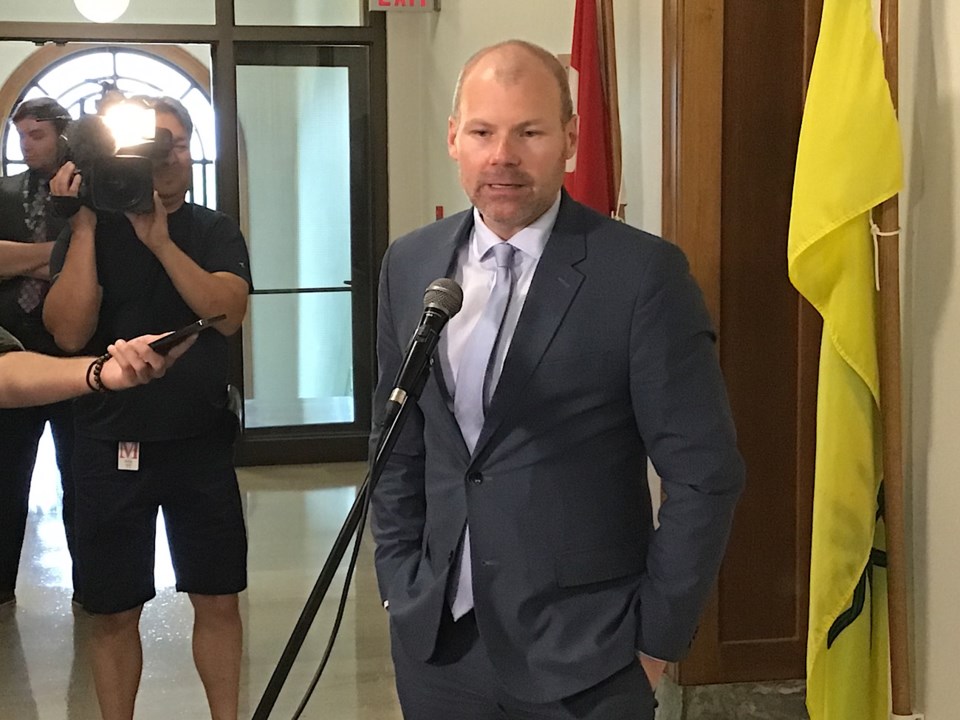REGINA - The Government of Saskatchewan has submitted its response to the federal government's public consultation on the proposed Clean Electricity Regulations (CER), urging the feds not to proceed with the document as currently proposed.
"The federal government's approach, in an attempt to regulate Saskatchewan's electricity system, is unaffordable, unconstitutional and technologically and logistically unattainable," Crown Investments Corporation Minister Dustin Duncan said in a news release Tuesday morning. "The proposed Clean Electricity Regulations will jeopardize the reliability of Saskatchewan's power grid, and increase power rates to an unaffordable level."
The proposed regulations impose a net-zero electricity grid across Canada by 2035.
SaskPower estimates that families, communities, businesses and industries will see electricity rates more than double by 2035 to cover the costs associated with the CER and federal coal regulations. According to the news release, the federal net-zero power system plan would cost Saskatchewan about $40 billion from now until 2035.
To comply with the CER, the government said SaskPower would need to expand, replace and rebuild more than 100 per cent of its current power generating capacity of more than 5,400 megawatts in just 11 years, while also significantly expanding its transmission infrastructure.
The province has already invested billions of dollars in its transition to a net-zero future, including solar, wind, biomass, natural gas generation and increased hydro imports, the provincial government said in the news release. It went on to say Saskatchewan does not have an alternative reliable source of non-emitting baseload power to fully replace coal-and-gas-fired generation in the near term.
This path forward also relies on the potential success of a few key technologies currently in the pre-commercial stage, the government said, including small modular nuclear reactors, carbon capture on natural gas and long-duration utility-scale energy storage.
On May 16, Premier Scott Moe outlined Saskatchewan's plan for electricity generation to 2035 and beyond. This plan includes a commitment to achieve net-zero by 2050 while maintaining an energy mix that ensures reliable baseload power and affordable rates for customers.
"While technical solutions are gradually developing, we must plan now to power the next decade of growth with the foundation of reliable baseload electricity," Duncan said. "Our government will not risk the affordability and reliability of Saskatchewan's power grid to attempt the impossible based on an arbitrary federal emissions target and timeline.
"We call on the federal government to acknowledge and accept Saskatchewan's plan to build and protect our economy while ensuring the continued viability of our power system and publicly-owned Crown utility for generations to come."
The Clean Electricity Regulations were published in Canada Gazette, Part I on Aug. 19.






